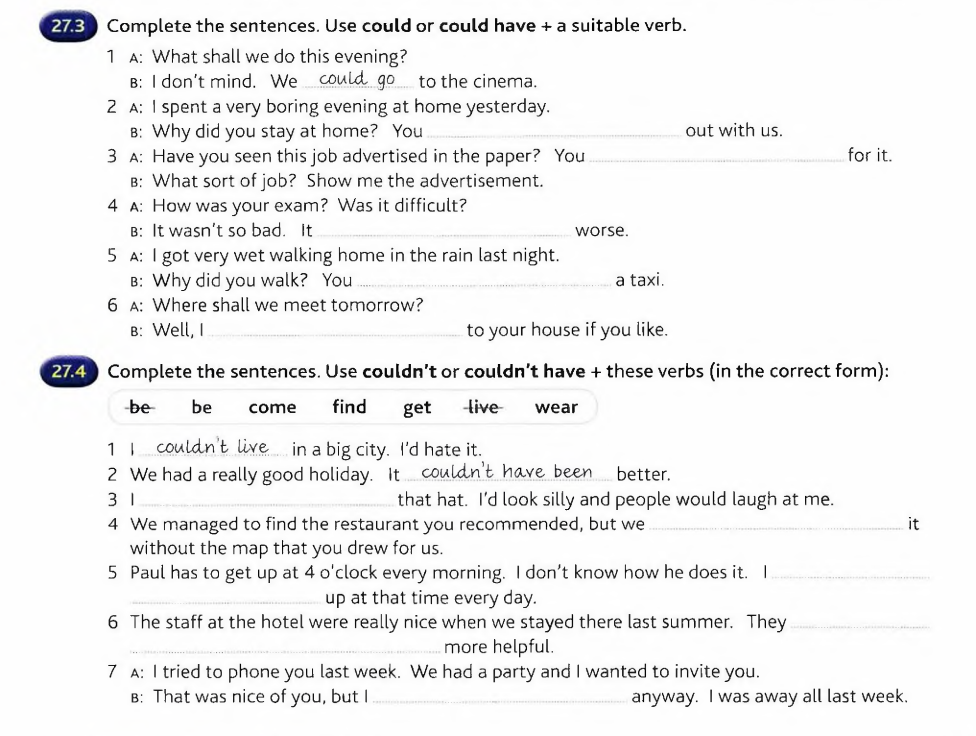Today is the last class in your current four class set. We will start class with a casual conversation. Our reading this week is about ‘hagwon teachers’ and our listening is about sitting. I have included a transcript. For our mini grammar we will practice simple present for future situations.
Click HERE for the reading
LEILA FADEL, HOST:
If you sit all day at a computer, spend hours on the sofa watching TV, your health can take a hit. Research shows sitting for long periods each day increases the risk of heart disease and early death. But what is the least amount of movement needed to offset the risks of excessive sitting? Here's NPR's Allison Aubrey with the answers from researchers.
ALLISON AUBREY, BYLINE: If you happen to be behind the wheel right now and plan to be at your computer or on screens all day, you may want to make an adjustment. As sedentary time has increased to about eight hours a day on average, so too has the evidence that it's really bad for us. Here's Keith Diaz of Columbia University Medical Center.
KEITH DIAZ: People who sit for hours on end develop chronic diseases, including diabetes, heart disease, dementia and several types of cancer at much higher rates than people who move throughout their day. They're at a much greater risk for dying early.
AUBREY: So how much or how little movement is needed to offset these risks? To figure this out, Diaz and his colleagues recruited a whole bunch of middle-aged and older adults to come to their lab and emulate a typical workday.
DIAZ: They would come in and sit for eight hours. And we would use a continuous glucose monitor - just a small device that just measures your glucose levels or blood sugar levels automatically every 15 minutes. And then we measured their blood pressure every half hour.
AUBREY: During the day, participants took walking breaks on a treadmill of varying lengths and frequency. Short walks once per hour helped control blood pressure. And when they upped it to twice an hour, they saw some impressive results.
DIAZ: We found that a five-minute walk every half hour was able to offset a lot of the harms from sitting. And we were really struck by - what was surprising was just how powerful the effects were. When you move for five minutes every half hour, the blood sugar spike after a meal was reduced by almost 60%.
AUBREY: He wasn't the only one struck by this reduction. Robert Sallis is a family medicine doctor at Kaiser Permanente. He says it's well known that exercise can help control blood sugar. But what's new here is how beneficial frequent short bouts of movement can be.
ROBERT SALLIS: It is surprising to me as a physician. I have never seen that kind of a drop in blood sugar, you know, other than with medication.
AUBREY: At a time when more than one out of every three adults in the U.S. has pre-diabetes and nearly half have high blood pressure, which both increase the risk of heart disease, Dr. Sallis says many, many people could benefit from walking breaks.
SALLIS: I think it's easier to find small amounts of time through the day to get some exercise.
AUBREY: Per the CDC, Americans are encouraged to get 150 minutes of moderate intensity physical activity each week, or about 30 minutes a day, five days a week. But Dr. Sallis says this study adds to the evidence that breaking it into smaller chunks can work, too.
SALLIS: Small bouts of exercise count the same as doing 30 minutes extended. So this study really fits with that.
AUBREY: The pace that the participants in the study walked, which was less than two miles an hour, was likely to leisurely to count as moderate intensity for most people. But exercise researcher Loretta DiPietro, who's a professor at the Milken Institute School of Public Health at George Washington University, says there are simple ways to increase the intensity.
LORETTA DIPIETRO: Step up the pace. Add some stairs in there.
AUBREY: Frequent walking breaks alone may not be enough to lose weight or get into top aerobic fitness. But DiPietro says they can help fend off disease.
DIPIETRO: This is a wonderful way to improve your metabolic profile. Just, you know, stop sitting around all day. The human body was not designed to sit for eight hours at a time.
AUBREY: And there's one more benefit of short, frequent walks worth noting, says Kathleen Janz, a health promotion researcher at the University of Iowa. The participants in the study felt better.
KATHLEEN JANZ: People felt less fatigued. People were in a better mood because they took those breaks.
AUBREY: So she says employers may want to take note, especially at a time when companies are trying to figure out how to retain their workers.
JANZ: I also think this is a way of providing an improvement in the workplace that, again, seems to me can be win-win.
AUBREY: It could make us happier and healthier.
Allison Aubrey, NPR News.
